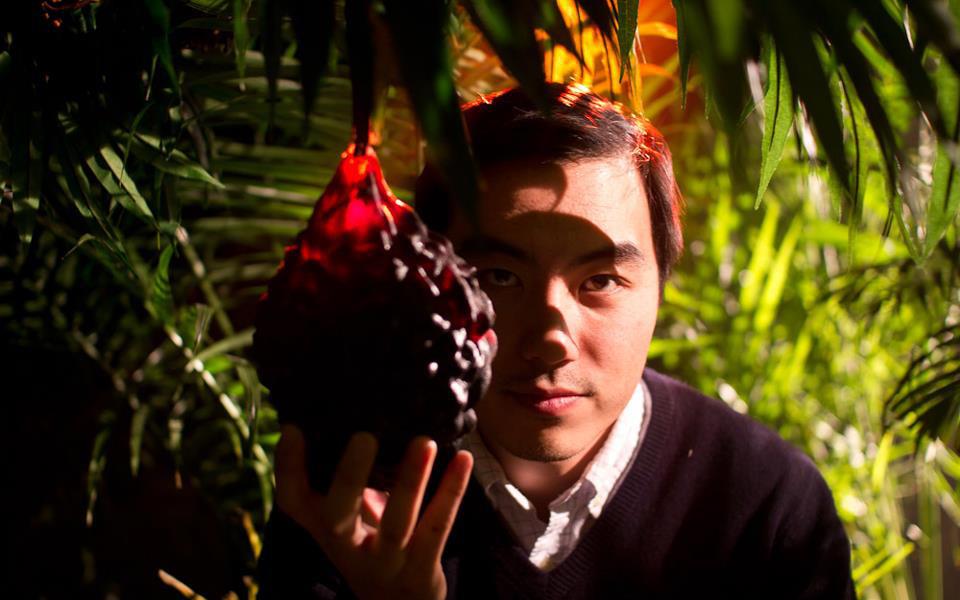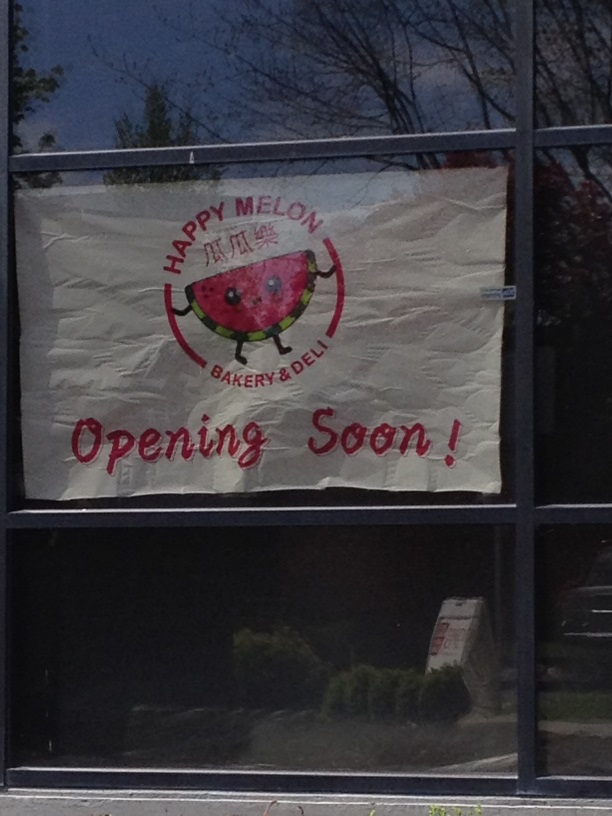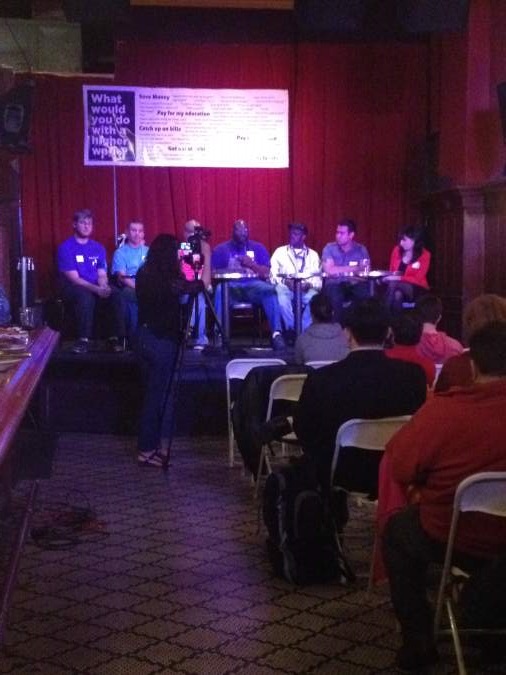As Gabriel’s Fire co-owner Monty Slimp told The Seattle Times last week, his barbecue career started alongside a campfire. Slimp grilled a freshly caught salmon, and was so impressed with the results that he bought himself a Weber grill. He kept trading up until he had a commercial smoker in Ballard.
Slimp and his brother now maintain a pit in Mountlake Terrace, smoking brisket, ribs, and chicken for loyal fans who chased the Slimps north and curious new customers. They rarely fuss with salmon. “We got it on a special, but it doesn’t sell as hot as the catfish,” Slimp says, referring to a blackened dish on the restaurant’s expanded entrée menu. “It was a little bit weird to me. I couldn’t twist their arms to go with salmon.”
Unlike the meats that figure into the nation’s best-known barbecue styles, such as beef brisket, pork ribs, and mutton shoulder, salmon doesn’t require hours of slow-smoking to make it tender. It’s typically cooked over an open flame, whether in traditional Native American fashion—which calls for the fish to be affixed to a wooden frame—or on a modern grill. Salmon barbecue is such a rarity that when most eaters hear the phrase “smoked salmon,” they immediately think of Nova lox or the candied filets sold in decorative gift boxes.
Yet barbecue writer Daniel Vaughn says there’s no reason the region’s pit masters shouldn’t cook salmon low and slow (which, in salmon’s case, clocks in at about one hour.) “Hot smoked salmon is really good,” says Vaughn, who runs the Full Custom Gospel BBQ blog and writes about barbecue for Texas Monthly. “With prime rib, it’s like, that would have been better if you just made prime rib. But with salmon, you can get a good flavor without cooking it all the way through.”
Salmon isn’t a regular offering at any of Seattle’s barbecue joints, but Woody D’s in Richardson, Texas, smokes whole salmon over hickory. “It’s incredible,” says Vaughn, who’s also sampled salmon barbecue in Oklahoma City. “It’s really good stuff.”
Gabriel’s Fire might again experiment with salmon during Copper River season—Slimp suspects the onslaught of promotions associated with the city’s unofficial salmon holiday could put his customers in a salmon mood—but many pit masters are likely put off by the high cost of fish. Vaughn recently spoke with a barbecue-joint owner who can’t add cabrito (young goat) to the menu because it commands $20 a pound. “His audience wouldn’t pay for it,” Vaughn says. “They’re coming for cheap sandwiches. Even though it’s his specialty, he can’t do it at his restaurant.”
The reluctance to smoke salmon isn’t limited to commercial endeavors: The majority of Pacific Northwest BBQ Association competitions center on beef, pork, and chicken, although salmon is a formally sanctioned meat.
“There’s no reason a tradition can’t be begun,” Vaughn says, pointing to the example set by Fette Sau and Fatty ‘Cue in New York City. “Rather than always trying to be in a Memphis style or Kansas City style, they’re not trying to follow another style, because what’s the point? The style can be your own.”








